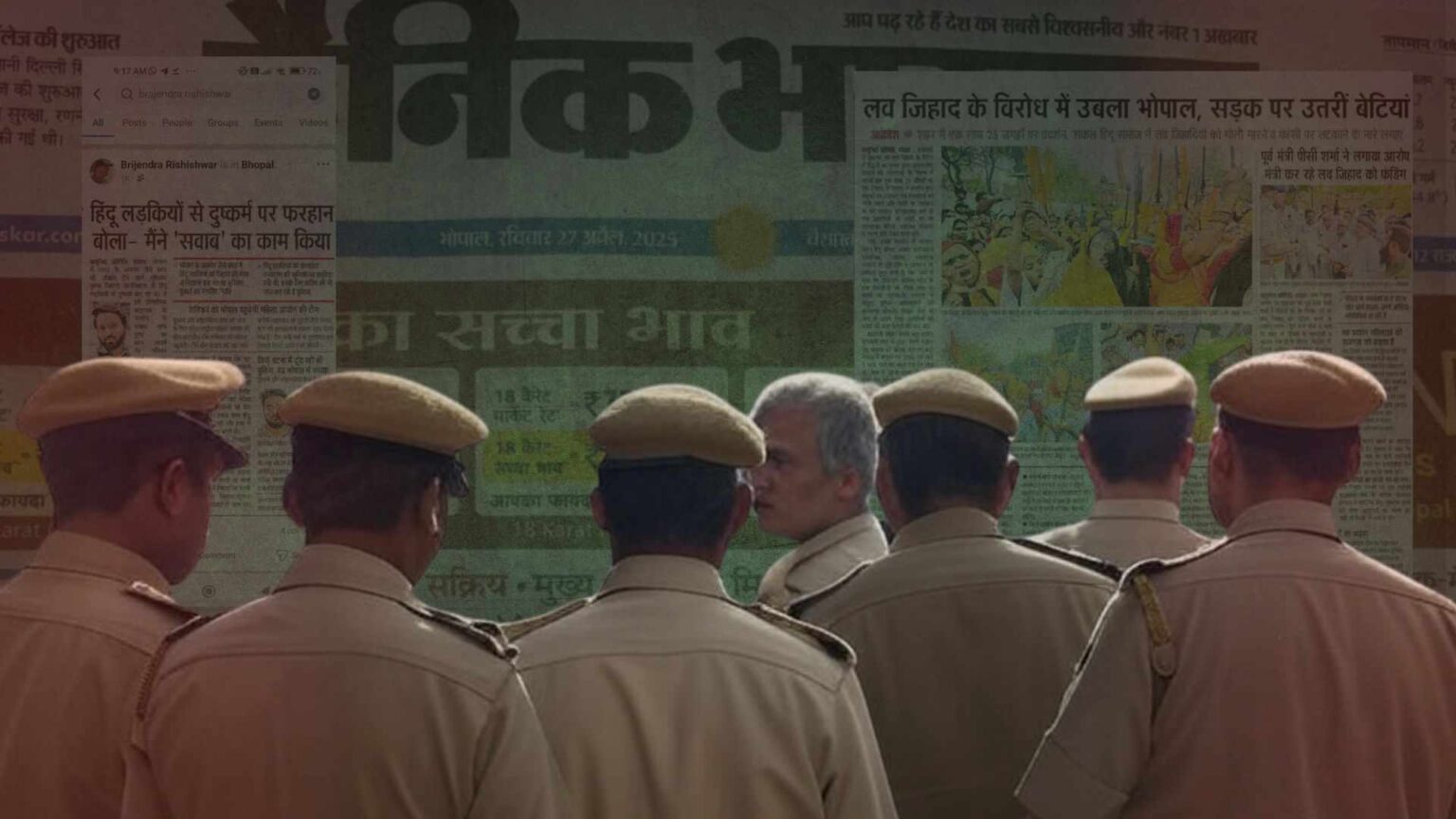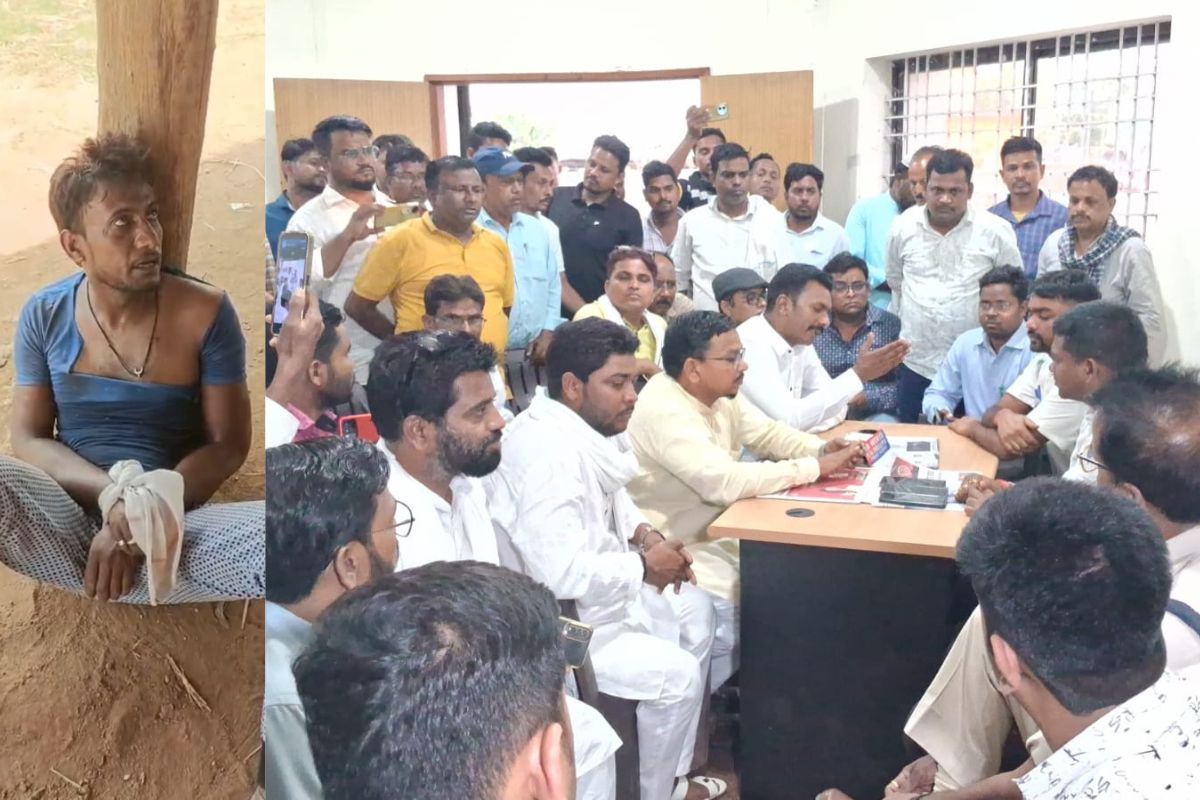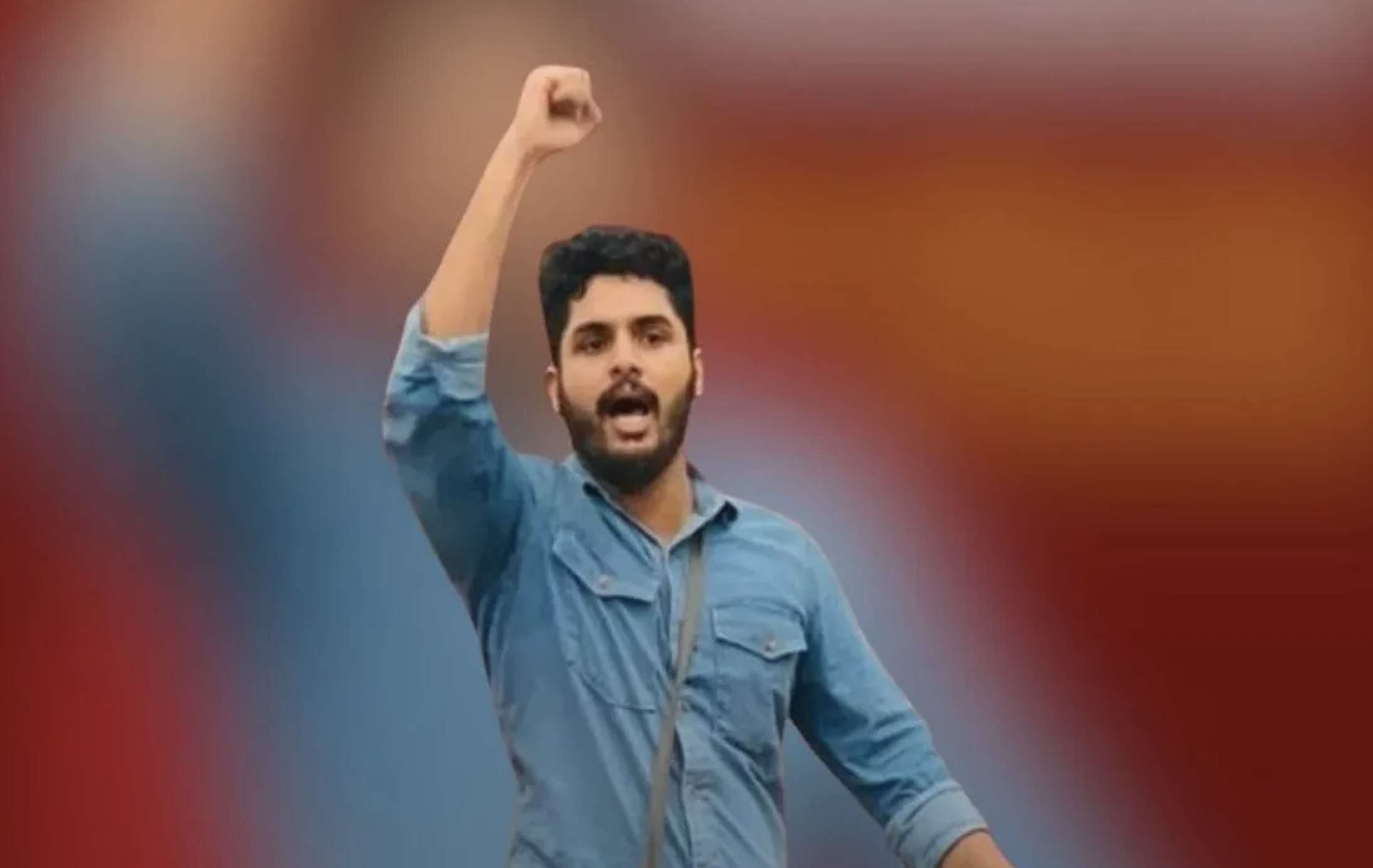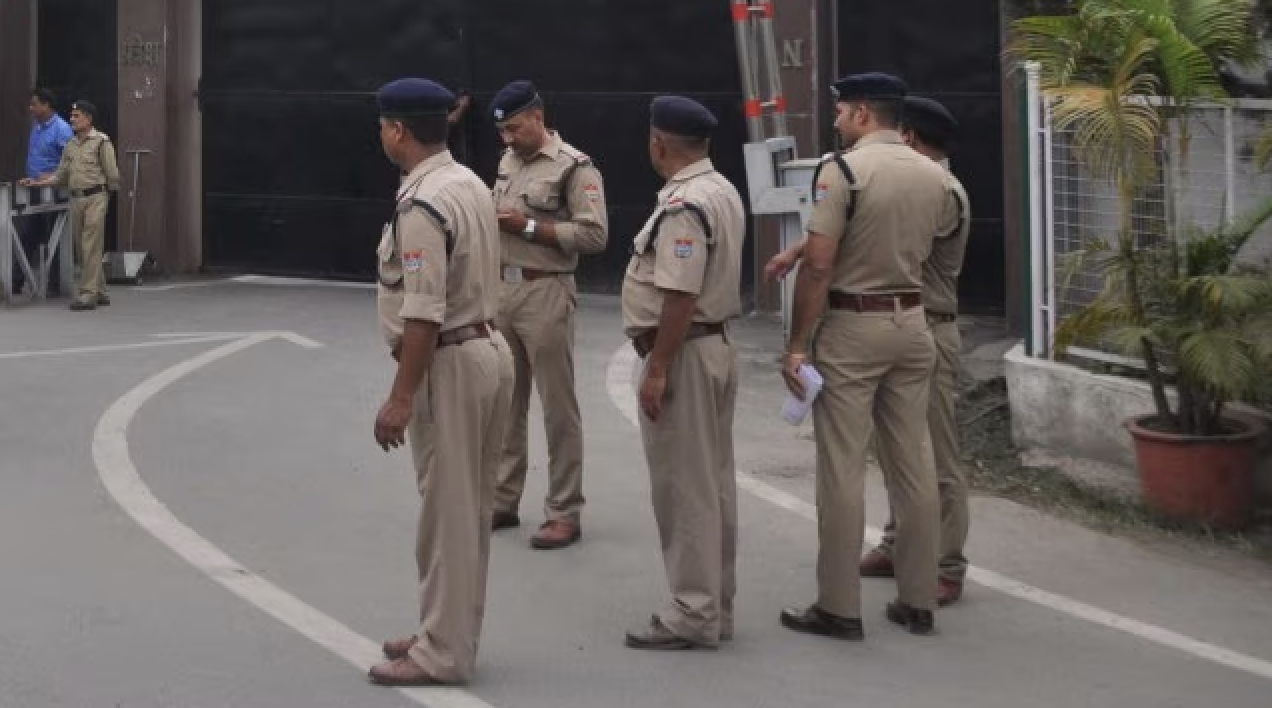
By YOGENDRA YADAV / The Print
The political project called Hindutva has always faced a foundational contradiction: claiming inclusiveness while firmly practising exclusion. The necessity of moral and cultural legitimacy requires it to be broad based — so that it can claim the entire civilisational heritage of India. Yet, its political compulsions push it towards narrowness —so as to forge a political community of only one, albeit majority, religious denomination called the Hindus.
Is there a way out of this difficulty, except sheer hypocrisy or moral cussedness that characterises much of the politics of the Bharatiya Janata Party (BJP) and its associates these days? The first full-length, meticulous and non-partisan intellectual biography of Vinayak Damodar Savarkar that came out last month seeks to persuade us that Hindutva is an ideology that we must learn to engage with in all seriousness. In doing so, the book ends up revealing theoretical confusion, historical obfuscation, political ambivalence on colonialism and moral sanction of violence that is inherent in this ideology.
Let us first understand the basic contradiction. Like all nationalism, the Rashtriya Swayamsevak Sangh (and earlier, Hindu Mahasabha) version must claim the civilisational glory of pre-colonial India by locating India’s nationhood in time immemorial. This intellectual project faces two obvious difficulties. If you define Indian nation to include all the cultures and communities before the capture of power by the East India Company, the Indian nation must comprise a vast range of cultures, communities and religious denominations. Besides the Hindus, it must include not only Sikhs, Jains and Buddhist, but also Muslims and Christians living in India for centuries before the advent of colonialism. The second problem is about the indigenous communities that pre-dated the rise of what we today call Hindu religion. Should they not have primary claim to India’s nationhood?
So the problem is stark: if the cut-off line for pristine nationhood is drawn too late, it must include Muslims and Christians. If it is drawn too early, it must exclude the Hindus. Both of these defeat their political project. How does one claim India’s nationhood for the Hindus without falling into either of these traps? Savarkar’s concept of Hindutva is an innovative response to this challenge. His entire body of work — spanning across genres (poetry, drama, history, polemics), languages (Marathi, English), locations (London, Andaman, Maharashtra) and of course political phases (pre-Gandhi, Gandhian and post-Gandhi) — is an attempt to write a series of histories: of the Indian nation, of the Marathas and of himself. His one-point agenda in all this is to defend the political claims of Hindutva.
This story was originally published in theprint.in . Read the full story here






